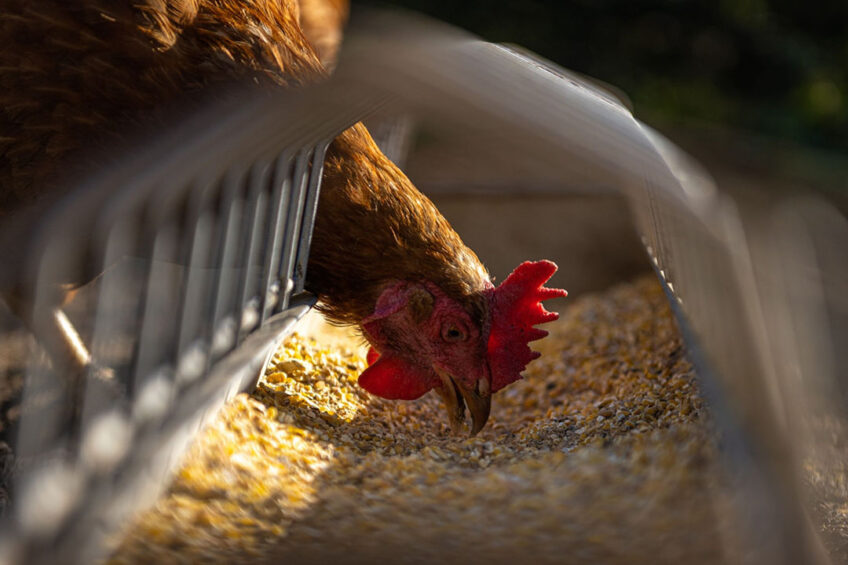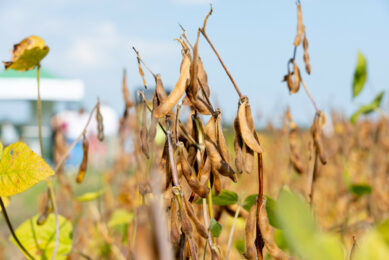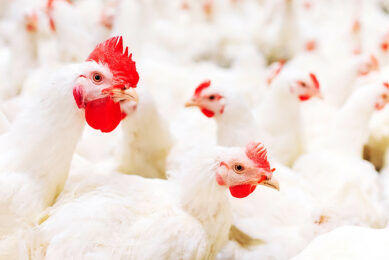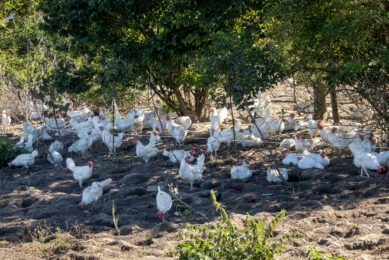Fraud scandal hits Polish feed industry

Reportedly for a few years, Polish farmers unintentionally fed poultry with technical oils meant for use in the production of greases, lubricants, and biofuels. The scandal might cast a shadow on Polish poultry exports.
In early October, Polish police detained 4 people for suspected fraud, accusing them of selling oils to numerous feed mills across the country classified for industrial use only. Polish news outlets Wirtualna Polska and Onet reported, citing sources in the police that allegations at the time of writing were limited to the period from January 2020, but the illegal practice could have begun as early as 2017.
The fraud was committed by the Polish branch of a German feed company, according to another news outlet Wiadomosci. Nearly 66 feed mills purchased technical oil from the company, some of which belong to the largest Polish poultry producers. The revenue from sales of falsified products was estimated to be close to €35 million.
Quality in the spotlight
The scandal has raised questions over the quality of Polish poultry. Polish publication Rzeczpospolita citing local experts, said that foreign customers are pretty sensitive to quality issues and could raise doubts over the veterinary control in the poultry and feed industry.
Poland is the largest European poultry producer and the biggest exporter. In 2021, the country manufactured 3.1 million tonnes of poultry meat and exported 1.47 million tonnes, primarily to other European countries. Poland also produces from 500,000 to 550,000 tonnes of egg products.
Moreover, some oil involved in the fraud schemes could have contained large amounts of pesticides, local publications reported citing sources in the police department. Their long-term consumption may contribute to an increased risk of developing lung cancer, prostate cancer and leukemia. In addition, pesticides damage the nervous system, increasing the risk of dementia, Alzheimer’s disease and Parkinson’s disease.
More control is needed?
In this background, Henryk Kowalczyk, Polish Agricultural Minister, stepped in, reassuring that feed production in Poland is subject to continuous monitoring, and routine inspections prove that all products on the market meet all quality standards. He added that out of 300 samples that are taken on average per year, no trace of dangerous substances was detected.
On the other hand, in the wake of the scandal, he added that additional inspections would be carried out of both poultry meat and feed production, not providing further details.











